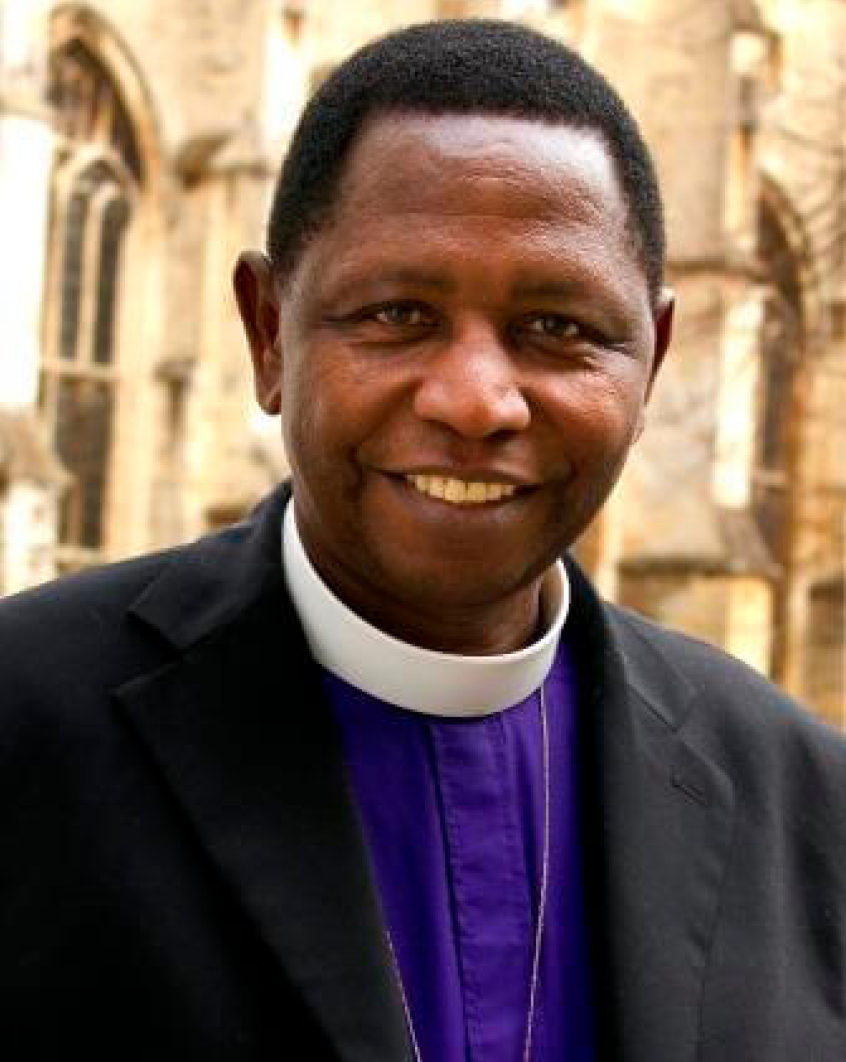Ugandan bishops will boycott the archbishop of Canterbury's Lambeth Conference in 2020.
The 10-yearly meeting is an opportunity to bring the 80 million worldwide Anglican Communion together. But deep divides exist between the 42 provinces, particularly over approaches to same-sex relationships.

The archbishop of Uganda, Stanley Ntagali, who leads one of the most conservative churches in the Communion confirmed on Tuesday Ugandan bishops would refuse to attend.
'As a house of bishops, because things have not changed we will not attend Lambeth 2020,' he said addressing a meeting of GAFCON – a traditionalist group of Anglicans – in Jerusalem.
'Unless godly order is restored within the Anglican Communion, we shall not attend other meetings invited by Canterbury,' he said.
Churches from the more socially conservative global south object to the stances of the Episcopal Church in the US and the Scottish Episcopal Church, which permit gay marriages.
GAFCON has backed splinter groups such as the Anglican Church in North America, Anglican Mission in England and the new Anglican Church in Brazil, which have set themselves up as rival bodies to the official Anglican church in each country.
The body are trying to redefine the traditional Anglican authorities of the Church of England and the archbishop of Canterbury — who is officially seen as the 'first among equals'.
In a keynote address the archbishop of All Nigeria, Nicholas Okoh, said: 'We do not accept that the office of the Archbishop of Canterbury necessarily defines Anglican identity and belonging. Canterbury occupies a privileged position in the spread of the gospel around the world. She should not distort the gospel in order to take away offence, for the gospel without offence is an empty gospel.'
He criticised the pledge pushed by Welby to 'walk together' in a communique from Anglican Communion primates in a meeting last year that both Ntagali and Okoh refused to attend.
'If we walk together with those who deny the orthodox faith in word or deed, we have agreed that orthodoxy is optional,' he said.
'But "good disagreement" is like a slow acting solvent which gradually dissolves the convictions of the orthodox, while all the time they still think that they hold to the apostolic faith. We must be ready to challenge the denial of the gospel wherever it is manifested in word or deed.'
In direct criticisms of the West and the Church of England in particular he said: 'Tragically, the gospel has virtually been lost in the nations of the West because the churches have lost the essence of the gospel.'













